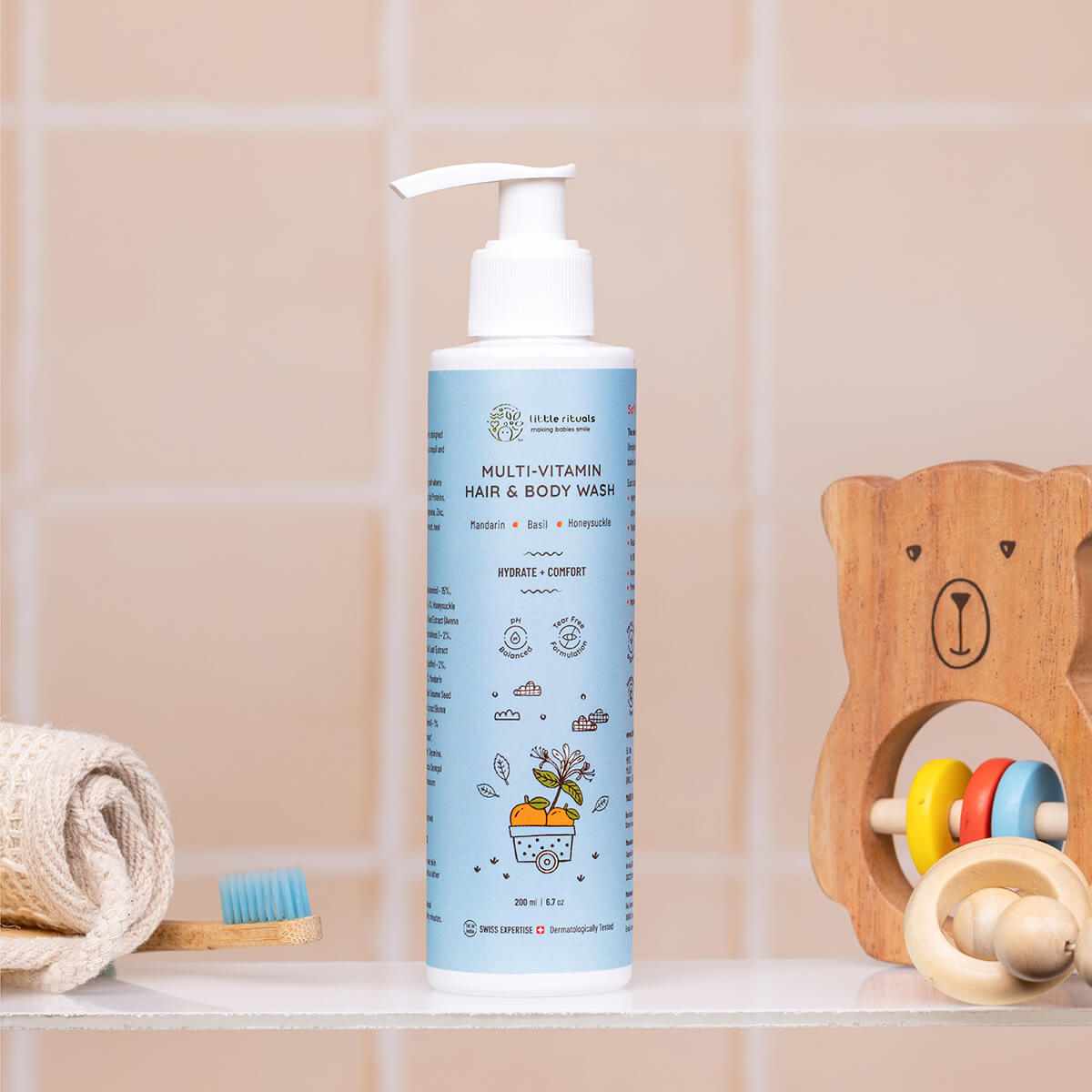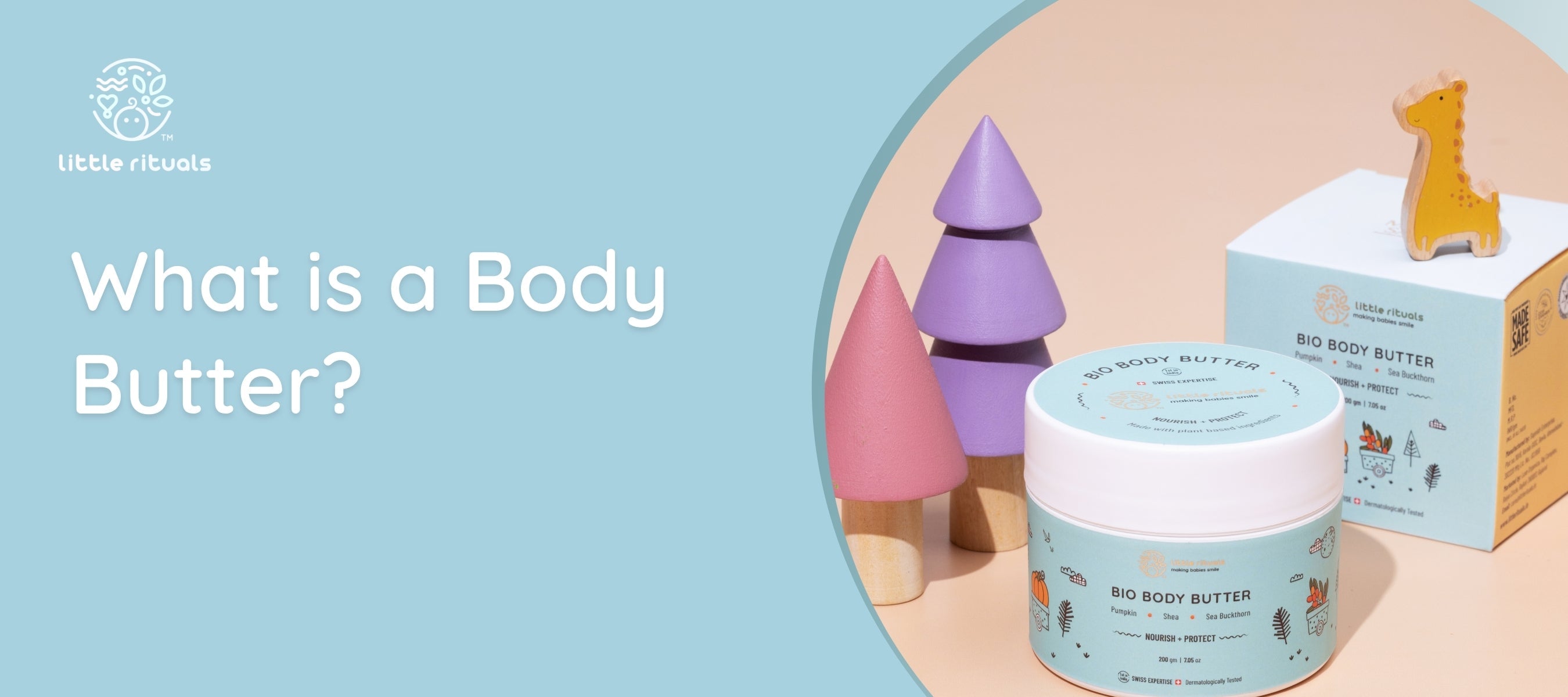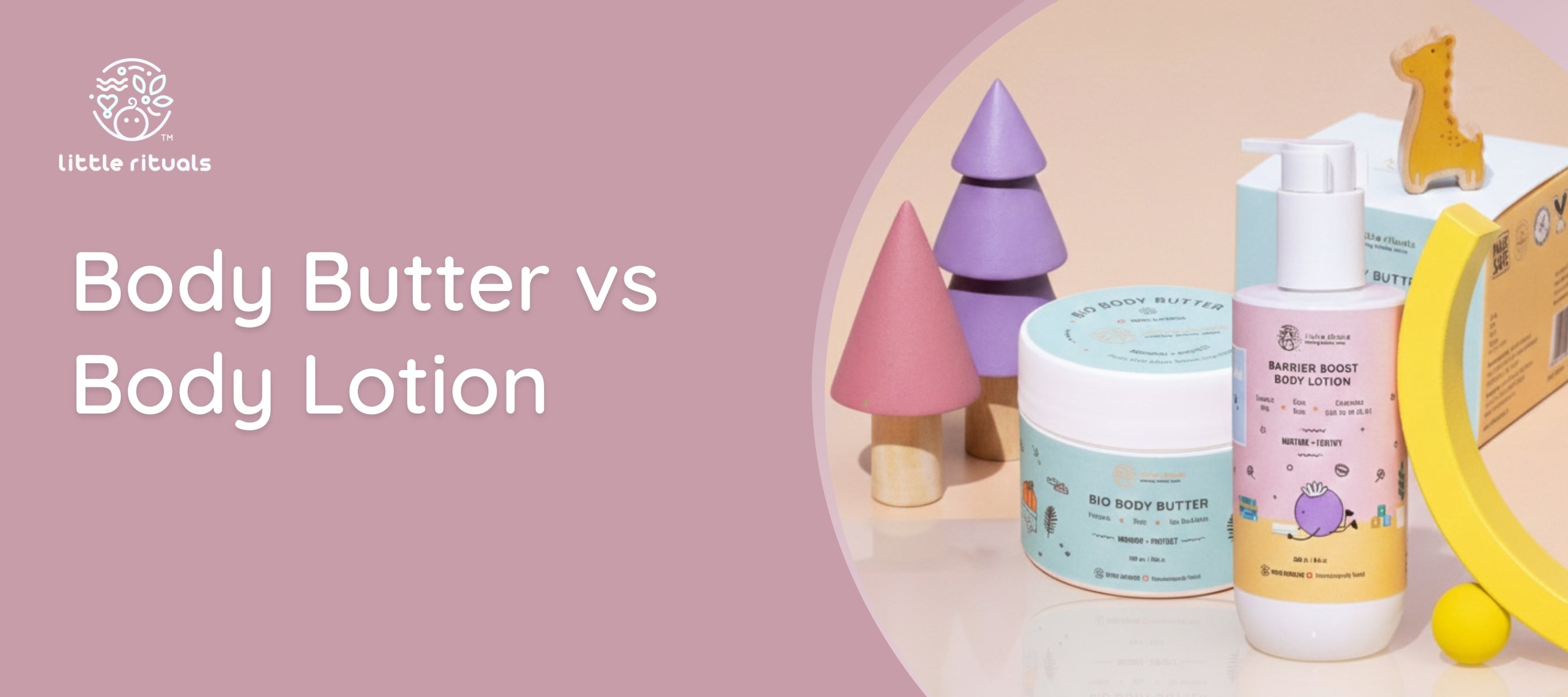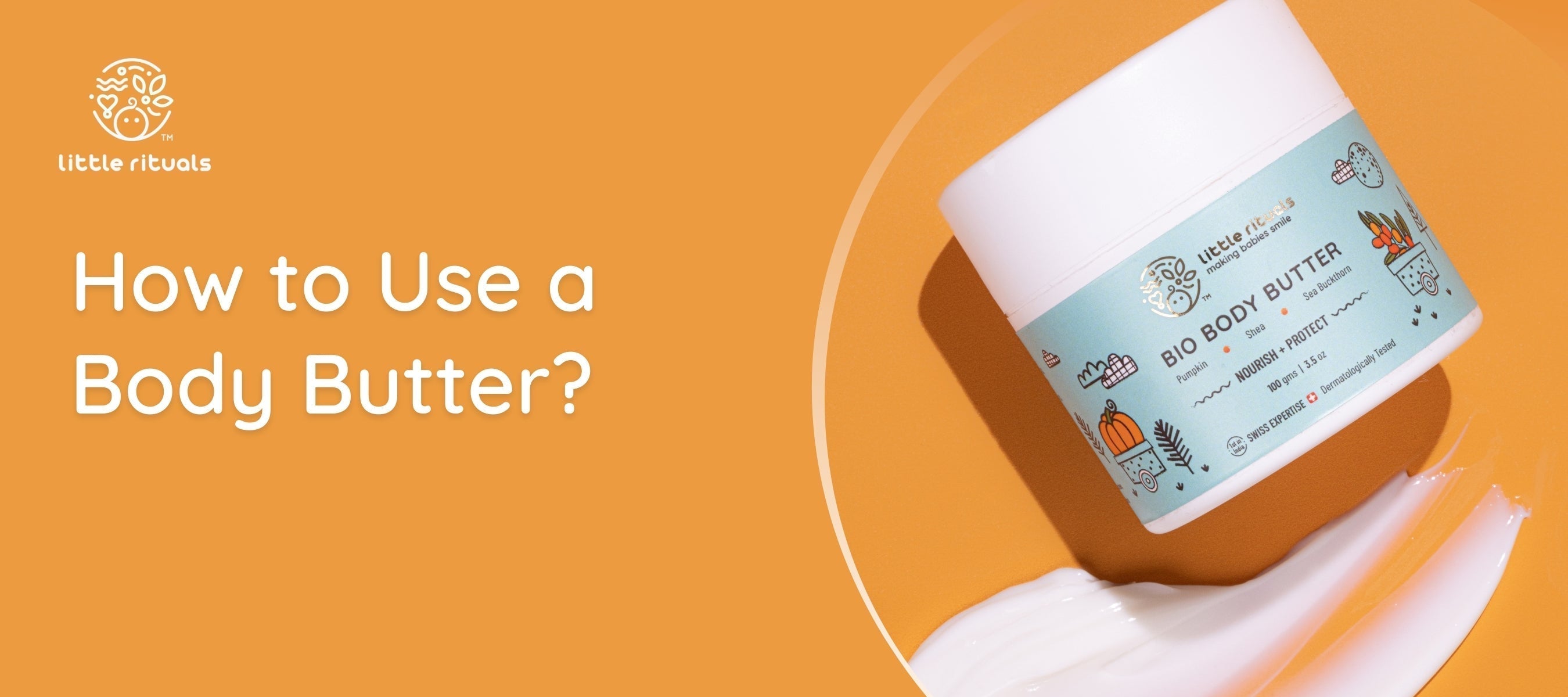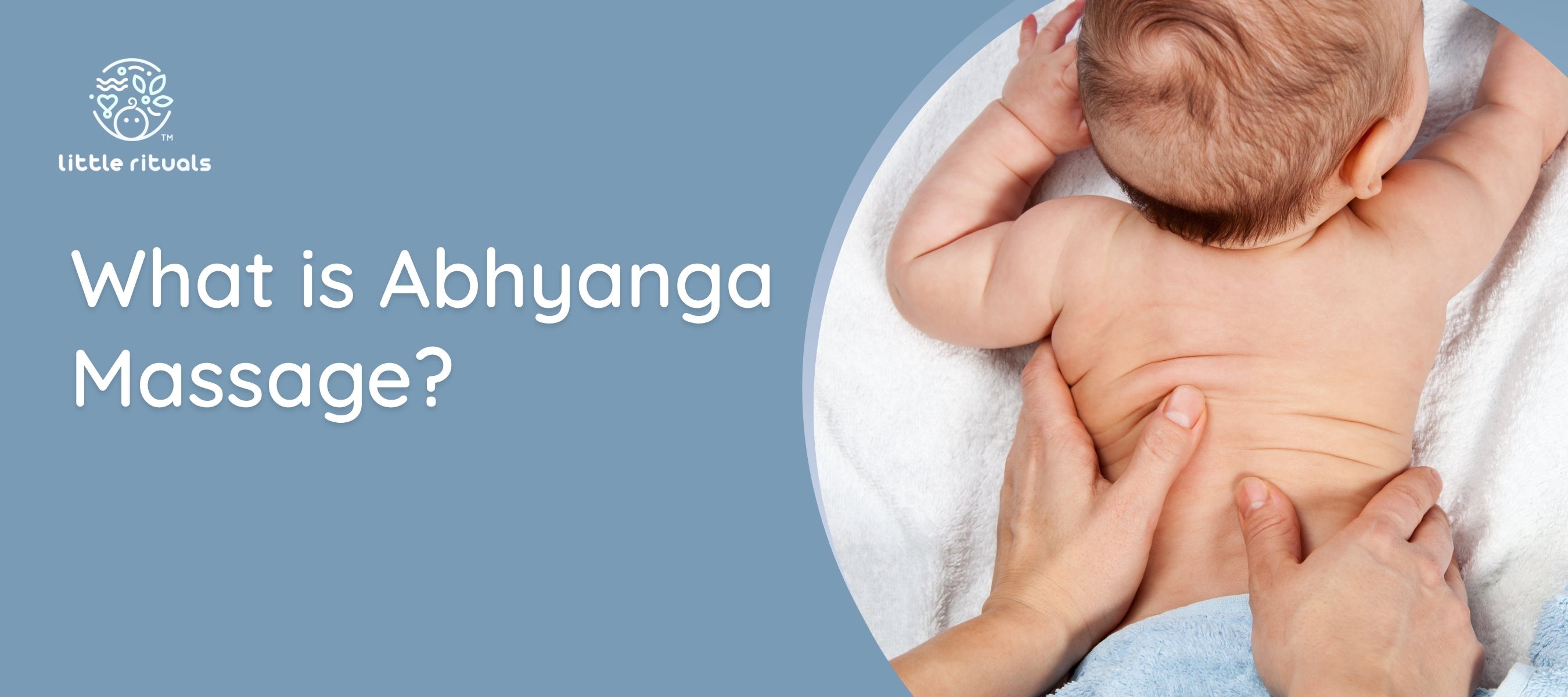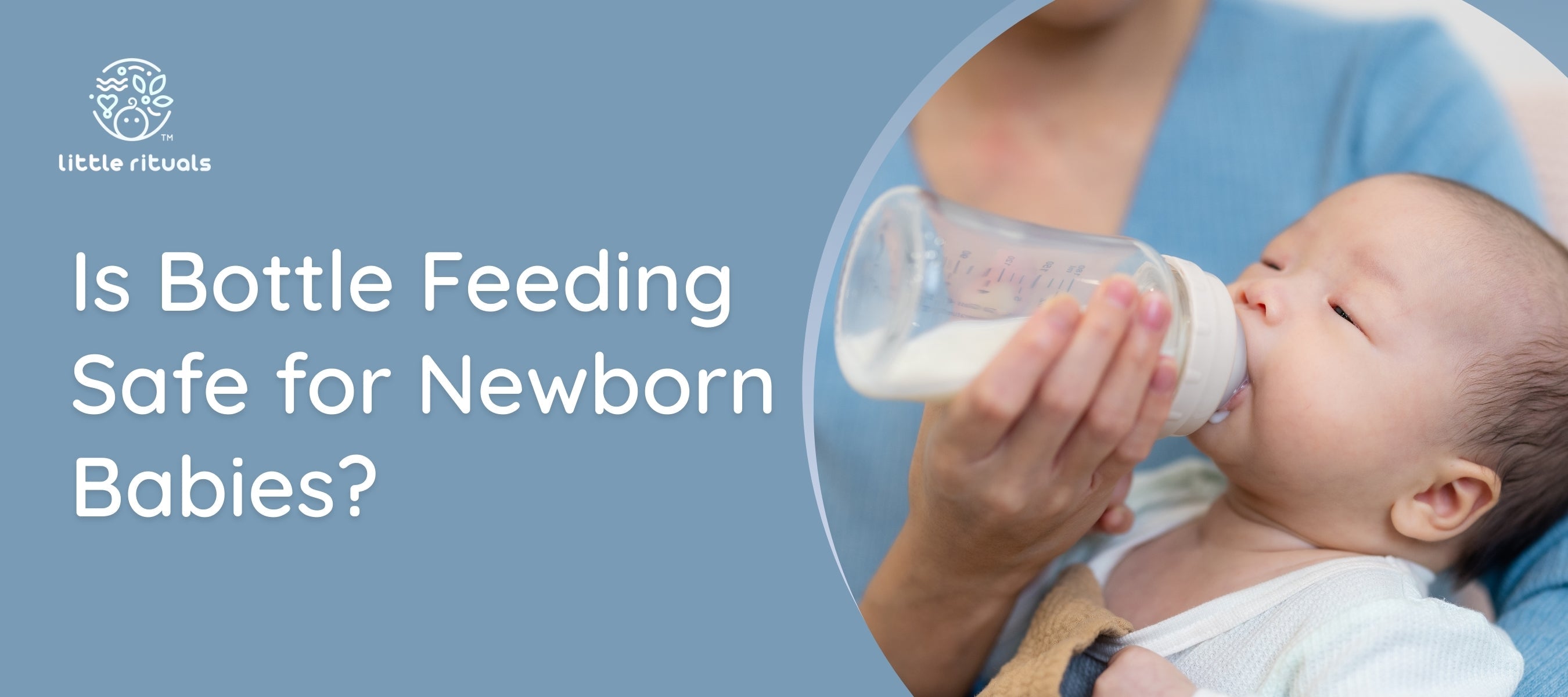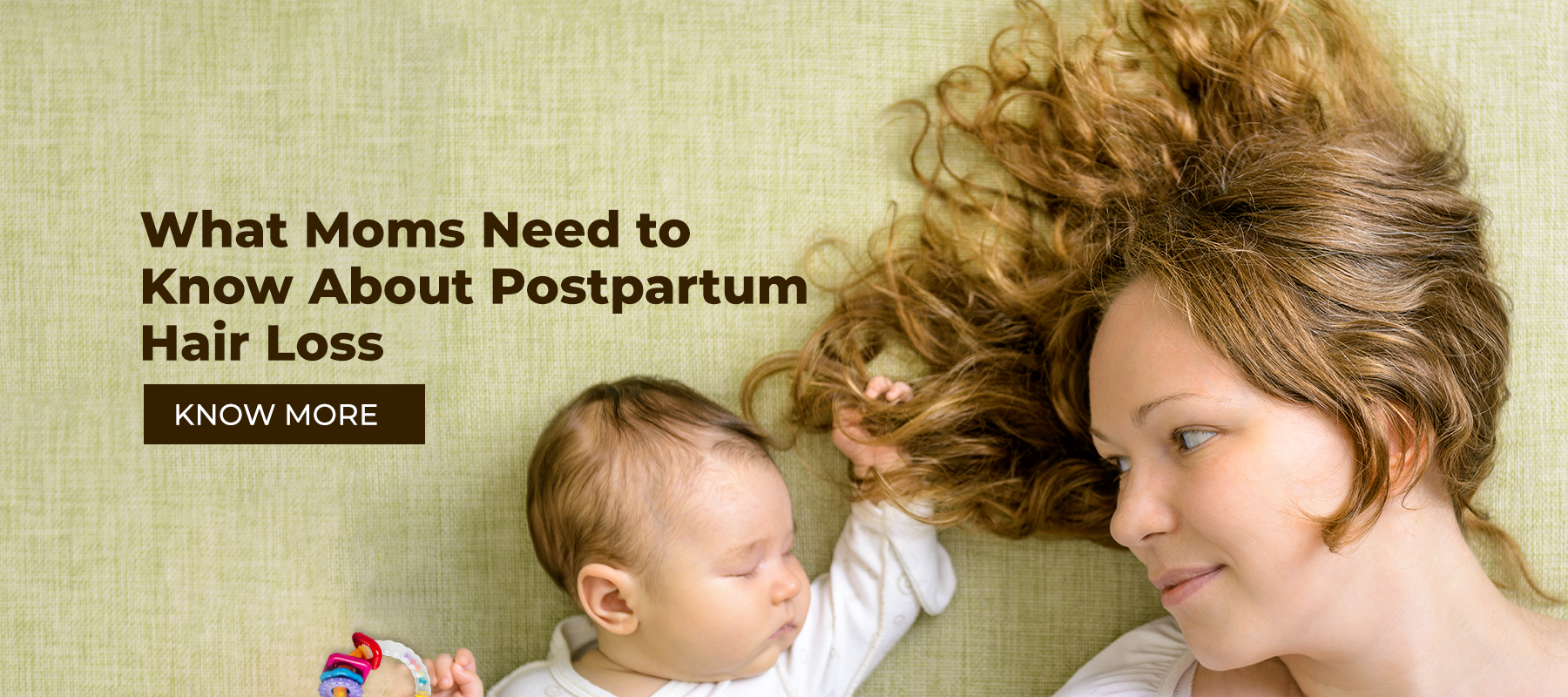
What Moms Need To Know About Postpartum Hair Loss
Your body undergoes many changes during and after pregnancy. You expect a growing belly and weird cravings, but there are many things you may not expect, like hair loss during pregnancy. Postpartum hair loss doesn't happen to every new mom, but it is expected. If you experience it yourself, it can be alarming to see strands coming out in chunks or clumps collecting on your hair brush. Don't worry—it's not nearly as bad as it may seem.
It's not relatively permanent to lose hair after giving birth. In the same way that some women's heightened hormone levels during pregnancy cause their hair to grow thicker and fuller, other women's hormone levels after giving birth might cause their hair to thin and shed.
It's common to have concerns regarding sudden, abrupt changes to your body. For women who are experiencing postpartum hair loss, this guide has the answers to some of the most often-asked questions.

Understanding Postpartum Hair Loss
Many women suffer from a disorder called postpartum hair fall in the months after giving birth. A few months after having a child, women often find their hair getting thinner and falling out faster than usual. This abrupt hair loss may be more noticeable after months of having thick, healthy hair.
Postpartum hair loss is the term used to describe the excessive hair loss that occurs a few months after giving birth. It usually happens three months after childbirth and is a regular feature of pregnancy. The illness can linger up to six months, but thankfully, for most patients, hair grows back to its previous fullness, and the hair loss is just temporary.
Causes Of Postpartum Hair Loss
Women's levels of female hormones, especially progesterone and estrogen, dramatically rise during pregnancy. These hormones help women better prepare for pregnancy, childbirth, and nursing.
In addition to providing nourishment, these hormones extend the duration of your hair's anagen or growth period. Thus, your hair usually gets fuller and thicker throughout pregnancy.
The telogen, or shedding phase, of the hair development cycle is swiftly reached by pregnant hair after childbirth when hormone levels return to normal. As a result, your postpartum hair falls out, and you'll notice more hair loss—especially in the shower and on your pillow when you wake up.
How Long Does Postpartum Hair Loss Last?
Long-term hair loss of this kind is not possible. Instead, it's merely returning to its typical levels. This implies that you can experience hair loss in the weeks to three months following the child's birth. During that period, it will decrease until it returns to a more typical level.
That might stay the same for nursing mothers. Hormone levels remain high for a longer duration when breastfeeding, so a nursing mother's thick hair may last a lot longer. If you supplement or wean the baby off the breast, your hair will fall out more.
Your hair fall after delivery may take some time to grow back to its typical state. The best action is to enjoy it while it's still there.
Must Read: 10 Things Pediatricians Wish Every New Parent Knew
Is It Another Type Of Hair Loss Condition, Or Is It Postpartum?
The timing of hair loss usually indicates if it is due to delivery. If you notice noticeable clumps of hair falling out up to six months following birth, postpartum hair loss may be the cause.
Postpartum hair loss is not to be confused with other conditions that cause hair loss in women. The most prevalent ailments and how to distinguish them are listed below:
- More postmenopausal women suffer from female pattern baldness, which is characterized by generalized hair thinning. As such, you are unlikely to be affected if you recently gave birth. But just to be sure, you might want to receive a diagnosis if female pattern baldness runs in your family.
- The hairline is typically affected by traction alopecia, although the rear of the scalp is more likely to experience hair loss due to postpartum telogen effluvium. If you wear your hair in loose styles, it's probably not the cause of traction alopecia, which is brought on by tight hairstyles like dreadlocks, weaves, high ponytails, and buns.
- In contrast to autoimmune hair loss diseases, postpartum hair loss is characterized by generalized thinning. Round bald patches, or scarring alopecia, are frequently the result of autoimmune diseases such as lupus and alopecia areata.
- Similar to female pattern baldness, frontal fibrosing alopecia (FFA) typically affects postmenopausal women. In contrast to diffuse thinning, it manifests in women as a receding hairline.
- In this you might not be able to distinguish stress-related hair loss from hair fall in pregnancy because they appear so similar. Thankfully, hair will return after the stressor is eliminated because both hair loss types are temporary.
- While vitamin deficiencies are uncommon in the West, certain dietary deficits can cause hair loss or make it more difficult for hair to regrow. Iron deficiency-related hair changes may occur more frequently during and after pregnancy.
How To Stop Postpartum Hair Fall?
It's crucial to realize that this stage is only transitory. Within six to twelve months following childbirth, the majority of women see their hair return to its pre-pregnancy state. You can take measures to care for your hair, here we have listed some points which will help you know how to stop postpartum hair fall:
- Keeping Up A Nutritious And Healthful Diet
Your hair needs certain nutrients to grow strong and healthy. Your diet should include several vitamins and minerals that promote hair development, such as iron, zinc, vitamin D, and proteins. Eating a healthy, balanced diet helps manage hair loss and also plays a big part in your overall postpartum recovery.
- Treat Your Hair Gently
Make an effort not to overstress your hair. Avoid braids and ponytails that pull tightly on your scalp. To minimize damage, use a wide-toothed comb to gently detangle your hair when brushing.
- Selecting The Correct Hair Care Items
To make your hair look fuller, try looking for shampoos and conditioners for thinning hair. You may use cold pressed organic black sesame oil which is rich in magnesium and calcium, this might reduce your hair loss problems. Avoid thick-style products since they can make hair loss more obvious and weigh down your hair.
- Consider Supplements
After speaking with your healthcare provider, consider taking supplements to help with hair growth. Specific vitamins, like biotin and vitamin E, are beneficial; nevertheless, before beginning any new supplement regimen, especially if you are nursing, it is best to consult a physician.
- Control Your Stress
Stress is present daily while caring for a newborn, and it can exacerbate hair loss. Finding strategies for relaxation and reducing stress is crucial. Techniques like light exercise, meditation, or asking friends and family for support can make a big difference.
- Consultation With An Expert
If hair loss is causing you concern, it is crucial to speak with a dermatologist or healthcare expert. They can offer guidance and, if necessary, recommend therapies or diagnostic procedures to ensure that your hair loss isn't caused by a serious underlying illness.
How Much Hair Loss Is Normal?
People might lose up to 150 hair strands per day on average. But there's a big difference: when hormone levels drop, new mothers might shed up to 400 hairs a day or more after giving birth.
This significant rise explains why postpartum hair loss is so unpleasant and noticeable. When you are suddenly pregnant and experiencing the best hair of your life, your hair starts to fall out in clumps every time you brush it. While the change could seem severe and unsettling, remember that it's expected, and your hair will grow back.
Related Read: How Baby Skin is Different from Adult Skin
Will My Hair Loss Affect My Newborn?
Your kid won't be harmed by post pregnancy hair loss, which is a typical aspect of pregnancy and childbirth.
However, loose hair might tangle around your baby's toes, fingers, or other body parts. This uncommon event is known as a hair tourniquet, which can be painful and stop the flow of blood. If you see this, you should either notify your baby's caregiver or unwind the hair and gently cut it.
Sum It Up
For many new mothers, post pregnancy hair loss can be a challenging experience. But it's important to remember that this is a typical phase of the postpartum recuperation process. If you are aware of the signs, symptoms, and management techniques, you may take on this task patiently and confidently. Do not hesitate to speak with your healthcare physician if your worries continue.
Recall that your body has just grown and nurtured a new life, which is fantastic. Treat yourself with kindness and allow your body to heal.
FAQs
When Does Hair Loss Start?
If you experience post-pregnancy hair loss, you will likely notice it three to four months after giving birth.
After Giving Birth, Which Month Do You Typically Experience Hair Loss?
Most new mothers typically notice hair shedding about three to four months after giving birth. However, timing can vary based on individual hormonal changes and the body's adjustment period after pregnancy.
What Are The Signs Of Postpartum Hair Loss?
The main sign is noticing more loose hair than usual on your brush, pillow, shower floor, and clothing.
Is Hair Loss After Giving Birth Permanent?
For most women, postpartum hair shedding peaks around four months after delivery. The good news is that this condition is usually temporary. Many mothers see their hair growth return to pre-pregnancy normalcy by the time their child reaches their first birthday. If your hair hasn't regained its usual thickness after a year, consult a dermatologist to explore other potential reasons for hair loss.
Does Every Mother Experience Postpartum Hair Loss?
Postpartum hair loss is a common issue caused by hormonal changes after pregnancy and childbirth. However, it does not affect all new mothers. Research suggests that approximately 40 to 50% of women go through this type of hair loss. Unfortunately, it cannot be prevented entirely because it is hormonally driven. The extent of the hair loss and its effects can vary significantly among individuals.

